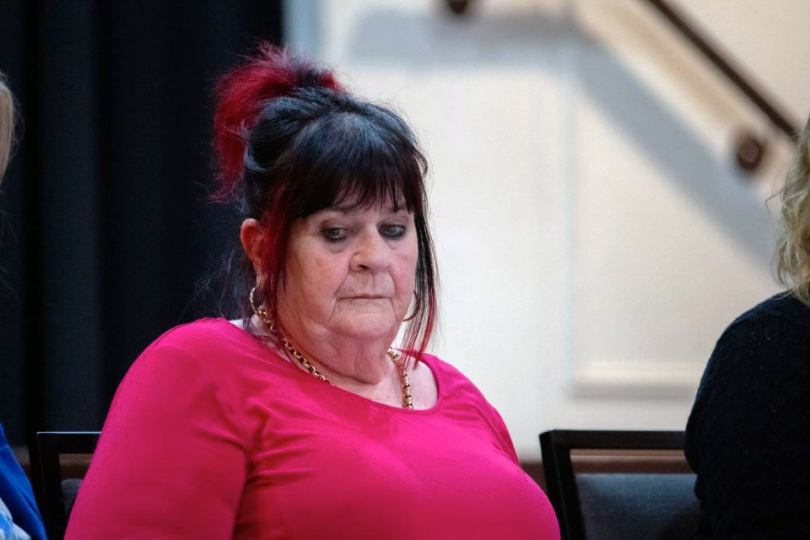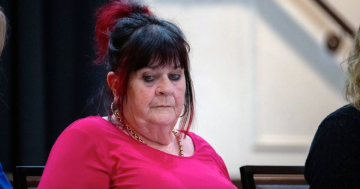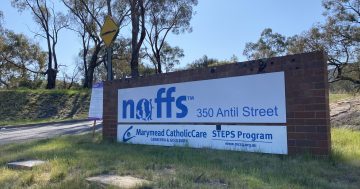
CEO of Winnunga Nimmityjah Aboriginal Health and Community Services, Julie Tongs. Photo: Dominic Giannini.
New drug decriminalisation laws would heavily favour middle-class Canberrans and do little to address underlying causes of addiction within the Indigenous community, Winnunga Nimmityjah CEO Julie Tongs told an ACT Assembly inquiry into the proposed drug decriminalisation bill.
Ms Tongs said she found it concerning that the discourse about drug dependence had only focused on certain illicit substances, neglecting the fact that people with addictions will use any illicit drugs, prescription drugs and/or alcohol.
“People self medicate. The drug is a symptom, not the problem,” she said on Thursday (29 July).
“Without strong leadership, we are never going to change anything.
“Canberra is a very middle-class community that does not see disadvantage like we see disadvantage.
“That is a lot of the problem, that unless you have lived it, unless you have been subjected to racism and discrimination and you have lived in poverty or had an addiction, you really do not understand it.”
The decriminalisation bill would allow Canberrans to carry small, personal quantities of certain drugs, including heroin, cocaine and MDMA without facing criminal penalties. Selling and supplying drugs would remain illegal under the bill.
The bill, introduced by Labor backbencher Michael Pettersson in December last year, is currently in committee. It is expected to hand down its report in October.
Ms Tongs said the personal amount quantities would benefit middle-class professionals who could manage their drug intake over people with serious addictions.
Without services to address intergenerational trauma and disadvantage that sees people turn to drugs and self-medication, the system will not adequately address usage rates.
This would further be complicated by unclear communication about key aspects of the new legislation.
“All you are doing is setting them up to fail again because people think it is legal now, but they do not understand it is only a small amount,” Ms Tongs told the inquiry.
In her testimony, Ms Tongs renewed her calls for a specialist and clinical Indigenous rehab facility, saying the prison has taken on the de facto role of operating as a rehab facility.
“Prisons are not rehabs and the problem is, and for a lot of First Nations people, that historical trauma,” she said.
“I cannot help wonder how many people we would have been able to assist if that had come to fruition, but it did not, and we are back to square one.”
Winnunga Nimmityjah conducts its services within Canberra’s prison, the Alexander Maconochie Centre (AMC), but shifting goalposts make it hard to attend to the needs of clients, Ms Tongs said.
This, coupled with the violent nature of the prison which keeps prisoners locked up during rolling lockdowns partly due to a lack of staff, creates a “blood bath” environment where people are coming out worse off than when they went in.
“The sad part is, when the AMC was built, it was intended to do a lot of things, particularly around justice reform,” Ms Tongs said.
“It has not been easy for us, but we are still in there and that is the important thing. We are not going anywhere. We are going to stay and make sure our clients get the services they deserve.”
The organisation was given David Eastman’s old cell to work out of when it first moved in. Corrections officers are also being used as case managers for inmates which adds to the distrust and discourages people from participating in rehabilitative actions.
“They do not trust the corrections officers because they are the ones that turn the key on them,” Ms Tongs said.
“At the end of the day, they need to be autonomous services so they do have people they can trust and can talk about what happened so they can talk about what they want to do and achieve when they get out.
“Without that, what hope have they got?”
















